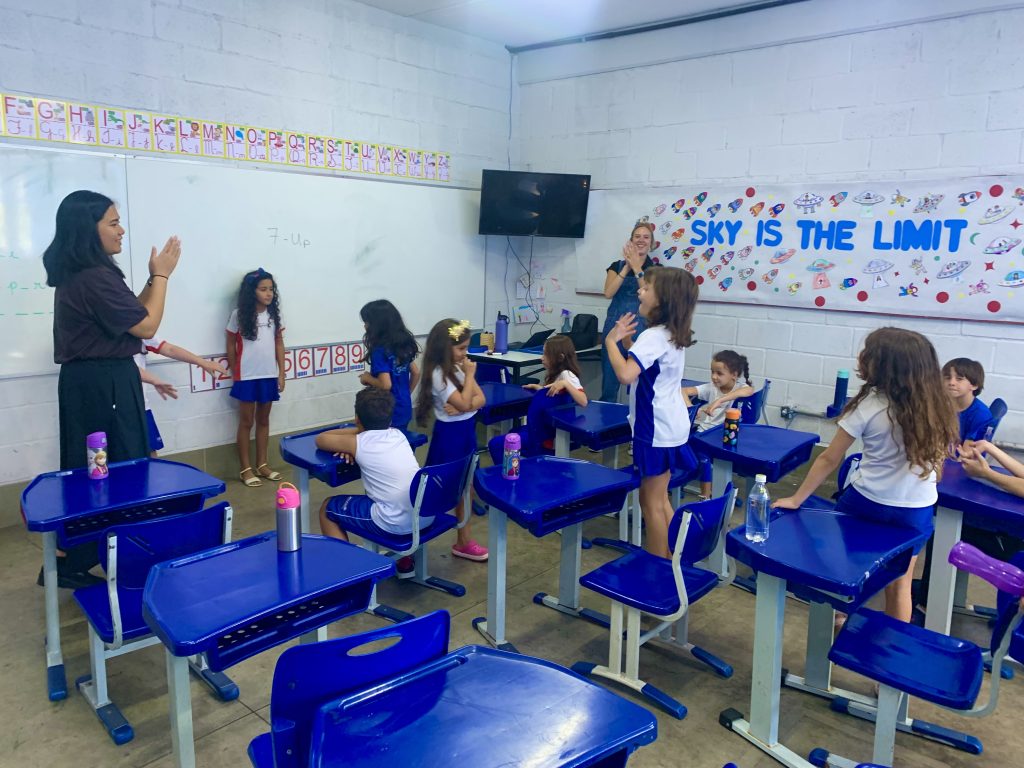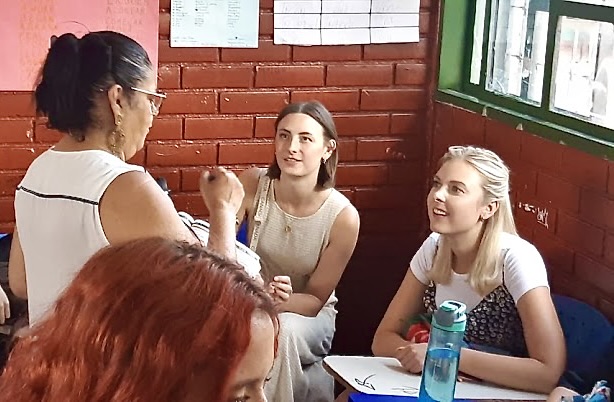In addition to unparalleled kindness and never ending hospitality, we have also experienced something dubbed “Brazilian humour”. It’s been described as being completely- unique to Brazilians and at times offensive in nature, especially to those who do not understand it fully i.e. gringos.
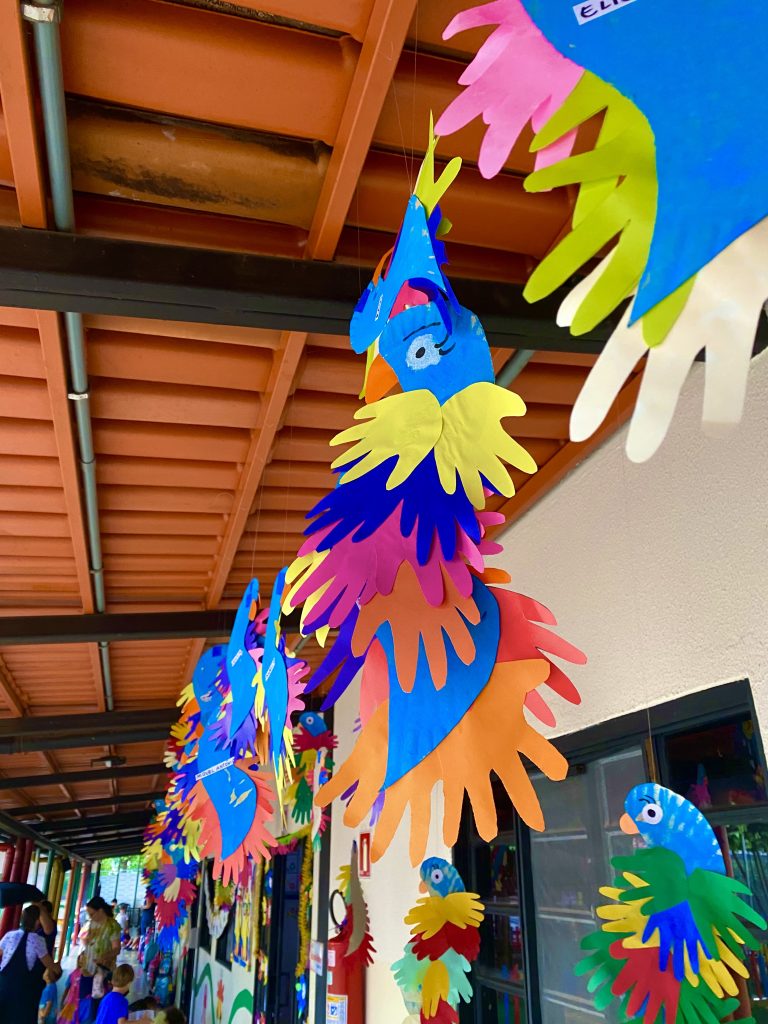
During one of the classes, a teenage boy came up to us to introduce himself. As is customary we shook hands. In jest, he attempted to kiss my hand. A little thrown off I quickly withdrew my hand and his classmates exploded into a symphony of laughter. Our personal guide (an older student at the school) was quick to apologize for the boy’s behaviour and explain that it was not meant to be offensive, but humorous and a little inappropriate. We assured him that we did not take it offensively at all, but were merely surprised by the blurring of student-teacher boundaries.
It is in Brazilian nature to be touchy and affectionate. A common greeting among strangers consists of a hug and several kisses on the cheek. In schools, teachers are frequently seen touching, hugging and kissing their students and vice versa. When inquiring to some teachers about this strong bond, they respond that often times these children do not have supportive families and rely on these bonds for a source of closeness and love. They are shocked to learn that the student-teacher boundaries in Canada are far more pronounced and do not allow for such physical closeness. Although I understand the necessity of these boundaries, watching the interactions the teachers have with their students here Brazil fills me with joy.
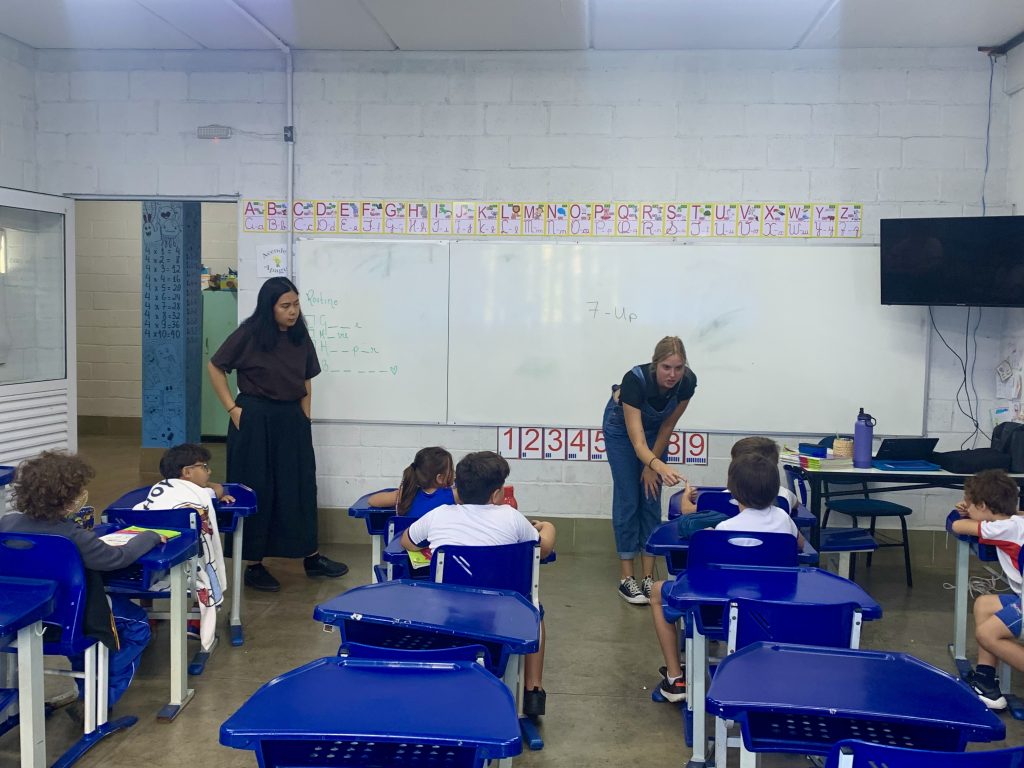
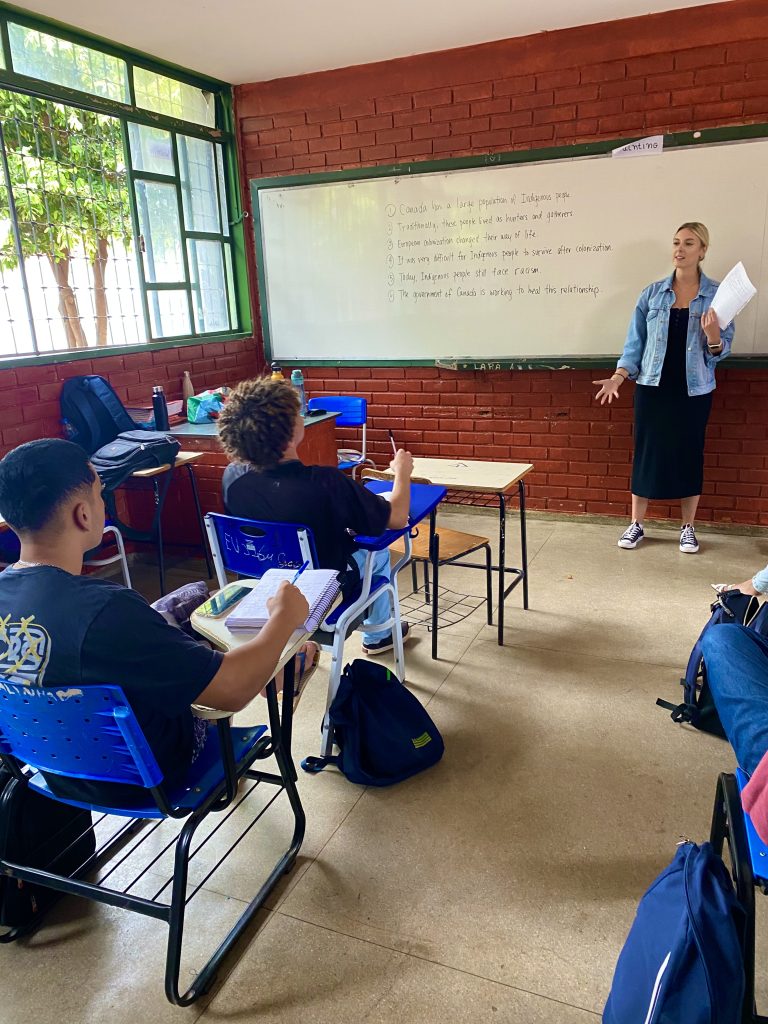
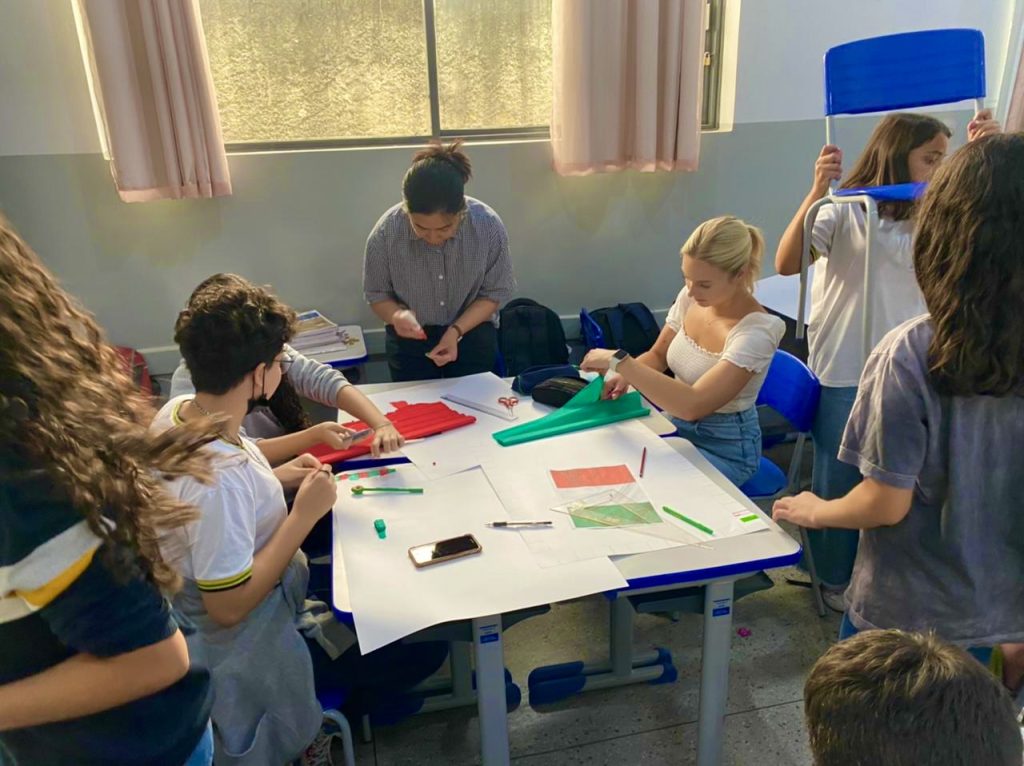
Although the boundaries differ largely, the importance of fostering meaningful relationships with students remains paramount. Education researchers often highlight the importance of building strong relationships with your students particularly the more difficult ones. Effective classroom management starts with building positive and healthy student-teacher bonds. And, demonstrating compassion and understanding, not only saves teachers from the emotional burnout, but also helps foster trusting relationships. This in turn, creates a more supportive school culture where children feel comfortable expressing themselves and learning. It is my belief that the best teachers are the ones that try to get to know their students on a personal level and show that they truly care. Although Canadian teachers are limited in physical aspects, we can still foster meaningful interactions and create important relationships with our students.
